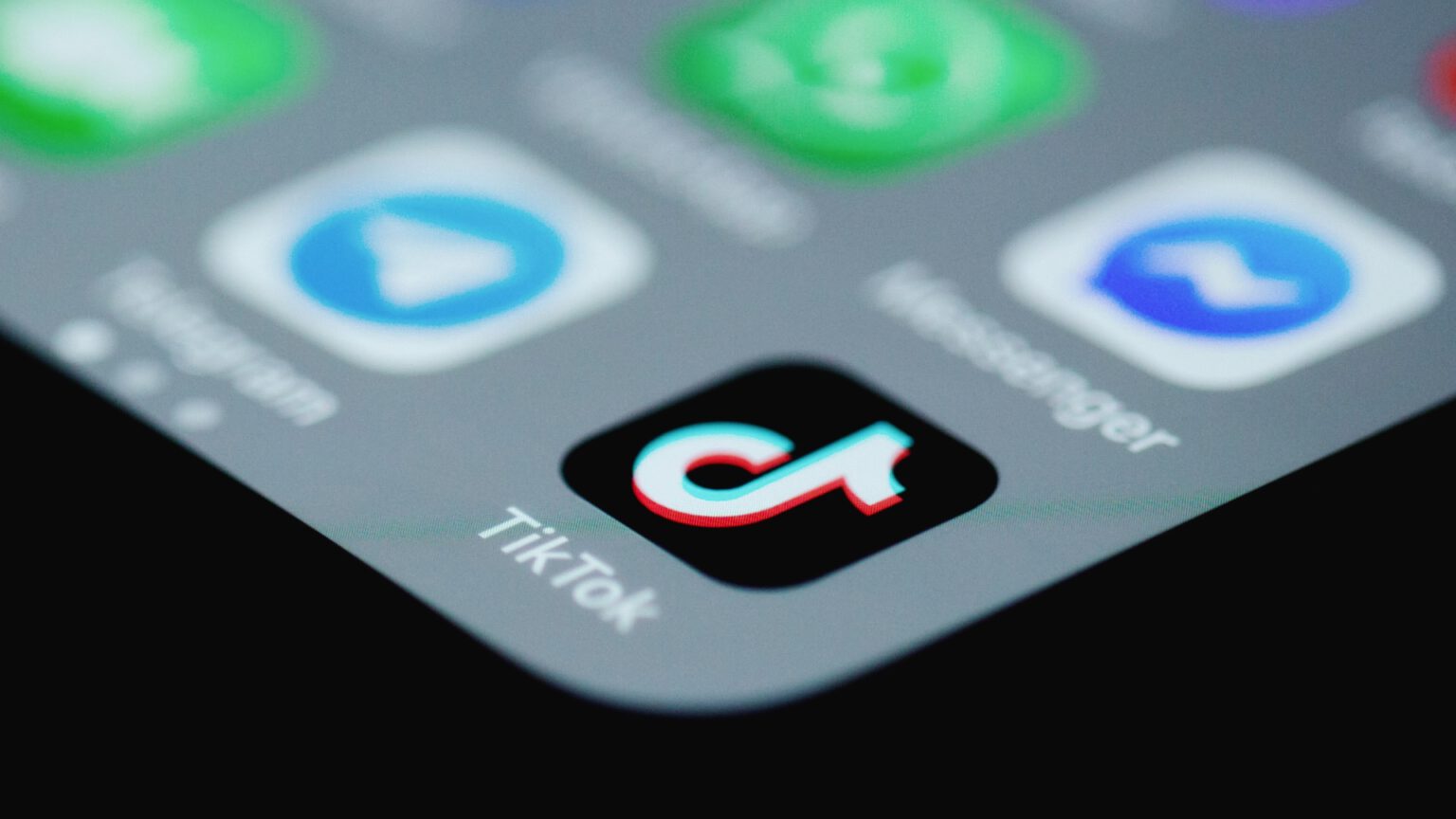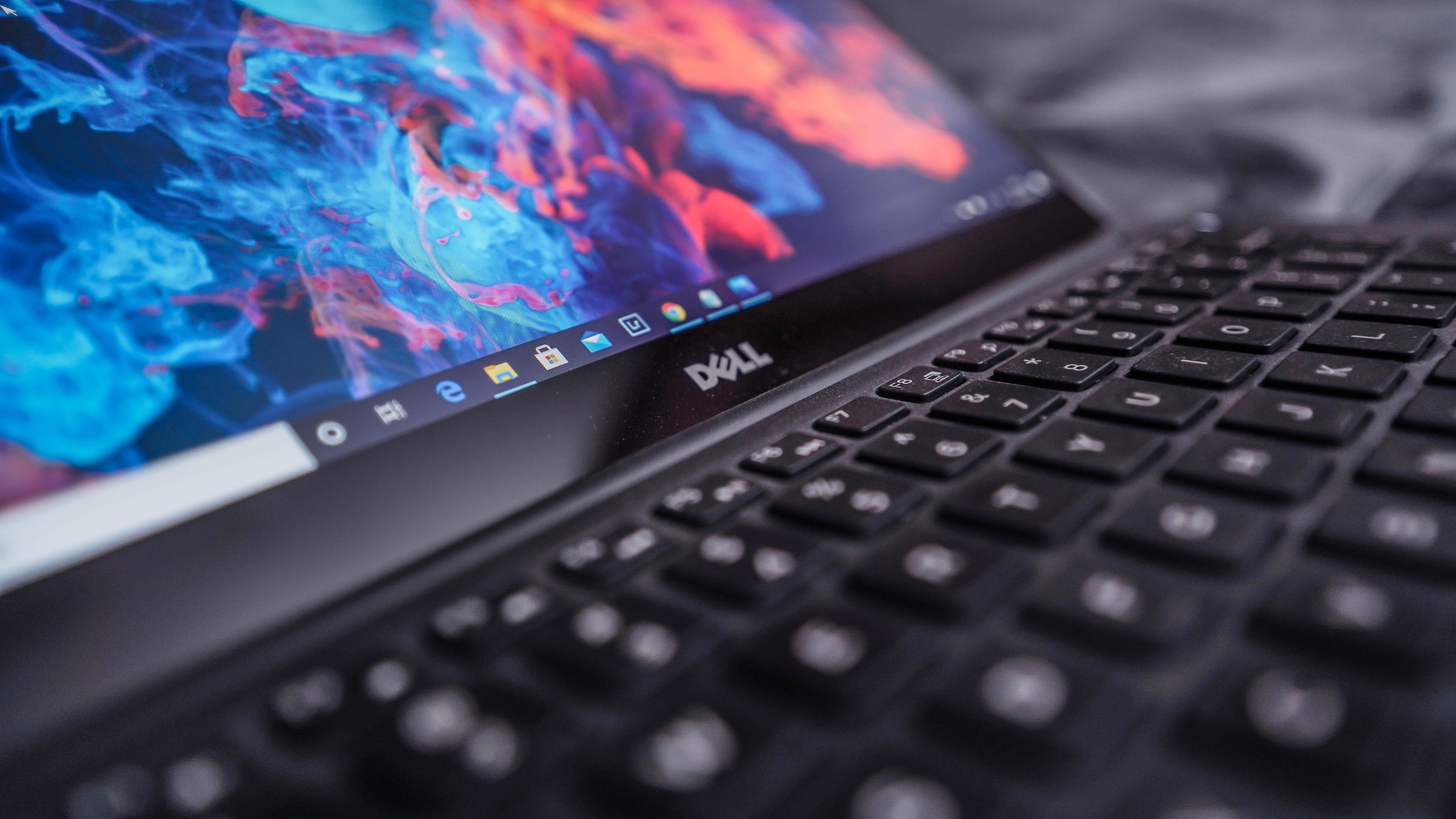Perhaps the hottest geopolitical technology series of recent years is just entering its next act. US President Donald Trump has announced that he has found a buyer for US TikTok. This continues a years-long battle for control of one of the most powerful platforms of influence among young users.
Trump, who has extended the deadline for the sale of TikTok for the third time, announced in a television interview on Sunday that a group of “very rich people” were in play and that he would reveal the names within two weeks. In the meantime, the matter is stuck between political uncertainty and international regulations because, by his own admission, the deal is likely to require Beijing’s approval.
Forced deal or political spectacle?
A law passed in the US in 2024 required TikTok’s Chinese owner ByteDance to sell its US assets or close its US operations by 19 January 2025. Since then, the deadline has been pushed back several times. The final date is now 17 September – a month before the presidential election.
TikTok, with more than 170 million users in the US, has long been controversial as a vehicle for Beijing’s potential influence over American public opinion. Although the company assures that user data is stored on Oracle servers and does not go to China, for the US administration this is not enough. Political pressure, national security concerns and the ongoing technology war between the US and China keep the subject of TikTok off the agenda.
Is the deal likely to go through?
While Trump claims to have a buyer, there are many indications that the road to finalising the deal will be bumpy. A previous attempt by a consortium of Oracle and Walmart to acquire TikTok in 2020 was blocked when China introduced new export regulations that included recommendation algorithms – a key TikTok technology.
Today, the situation is similar. Without the green light from Beijing, the deal has no chance of moving forward. Moreover, a possible split of TikTok into a US and Chinese version could significantly reduce the value and consistency of the product.
TikTok as a campaign tool
Trump has made no secret of the fact that TikTok played a vital role in reaching out to young voters in 2024 – an ironic twist given his previous attempts to block the platform. Now, however, the game is not only about data security, but also about political influence and campaign capital.
If the deal is finalised before the election, it could be used as an example of a tough stance on China and effective action in the area of technological security. But it could just as well end in another political stalemate.
In practice – even if TikTok ends up in the hands of US investors – it will not change the fact that global tensions around digital platforms are only getting worse. TikTok remains a symbol of a new era of digital politics – one in which source code is as strategic as raw materials or infrastructure.












